Search
Did you mean: Punt?
Search Results
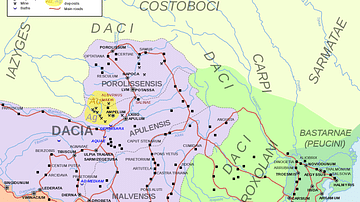
Definition
Dacia
Dacia was a region inhabited by the Dacians in the north of the Danube (modern Romania). The kingdom of Dacia was the creation of Burebistas (c. 80-44 BCE), who conquered and united several other Dacian principalities. Burebistas practically...
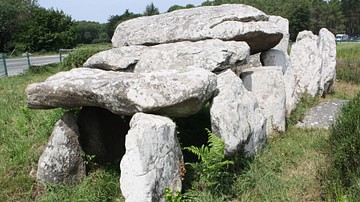
Definition
Carnac
Carnac, located on the north-west coast of France, is the site of the largest concentration of megalithic monuments in the world. Over 100 monuments, which include burial mounds, stone tombs, enclosures, and linear arrangements of menhirs...
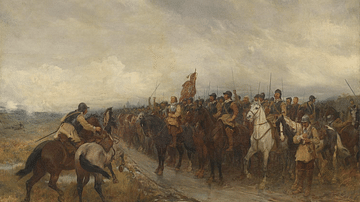
Definition
New Model Army
The New Model Army was created in February 1645 by the Parliamentarians during the English Civil Wars (1642-1651) that turned England from a monarchy to a republic. It was a professional army in terms of its personnel, training, and leadership...
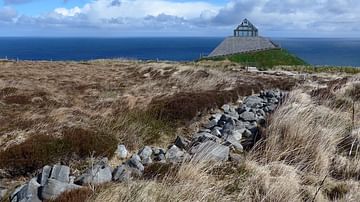
Definition
Ceide Fields
The Ceide Fields, near Ballycastle, Co. Mayo, on the western coast of Ireland, are recognised as one of the oldest and largest Stone Age farming sites in the world, dating back to c. 3700 BCE. The walls that have been discovered so far, rest...
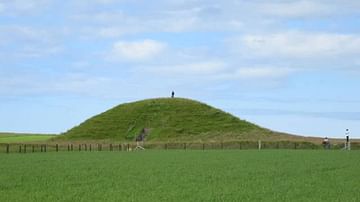
Definition
Maeshowe
Maeshowe (pronounced `maze-ow' or `maze-oo') is a large Neolithic chambered cairn, dating from between 3000-2800 BCE, in the Stenness parish of Orkney, Scotland. According to Dr. Berit Sanders, of Lund University, the name means `Meadow Mound'...
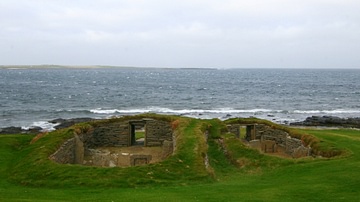
Definition
Knap of Howar
The Knap of Howar is a Neolithic site on the island of Papa Westray in Orkney, Scotland. The name is Old Norse for `mound of mounds' or `large barrow'. The building preserved at the site is considered the oldest stone house in northern Europe...
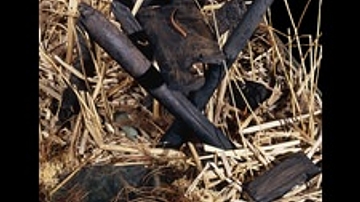
Definition
The Sweet Track
The Sweet Track is a Neolithic timber walkway, located in the Somerset Levels, England. It was originally part of a network of tracks built to provide a dry path across the marshy ground. The Sweet Track ran between what was then an island...
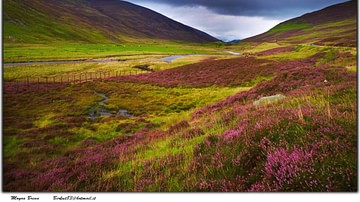
Definition
Ancient Scotland
Scotland is a country which, today, comprises the northern part of Great Britain and includes the islands known as the Hebrides and the Orkneys. The name derives from the Roman word "Scotti" which designated an Irish tribe who invaded the...
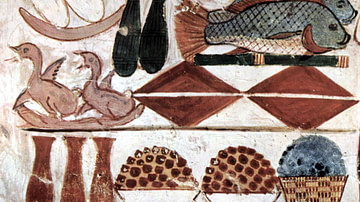
Article
Food & Drink in Ancient Egypt
Food and drink in ancient Egypt relied on barley and wheat, the primary crops cultivated along the Nile. The Egyptian diet was based on bread, beer, and vegetables. Meat was expensive and only rarely eaten. The majority of people ate fairly...

Article
Agriculture in the Fertile Crescent & Mesopotamia
The ancient Near East, and the historical region of the Fertile Crescent in particular, is generally seen as the birthplace of agriculture. The first agricultural evidence comes from the Levant, from where it spread to Mesopotamia, enabling...